If you love experimenting with bold flavors, then this mouthwatering Chinese curry sauce recipe is for you. This versatile sauce, with its rich blend of aromatic spices and a touch of heat, elevates any dish to new heights. Whether you're a curry aficionado or a curious culinary explorer, this recipe will tantalize your taste buds while transporting you to the bustling streets of China.
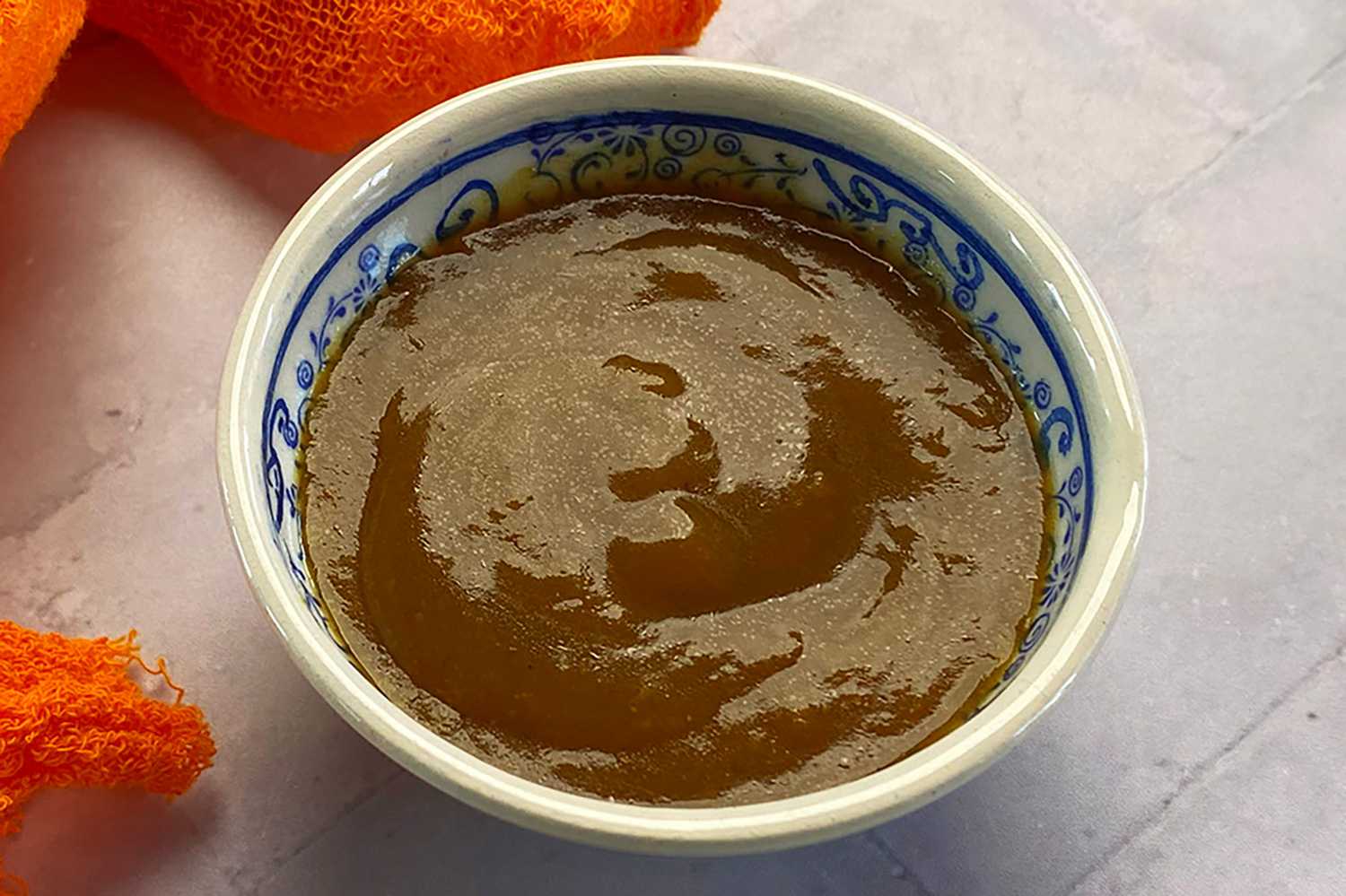
Drizzle this golden-hued sauce over steamed rice, stir-fried noodles, or roasted vegetables for a delightful twist. It also serves as an excellent marinade for meats and seafood, adding a burst of exotic flavors to your culinary creations.
Table of Contents
Recipe Video
[adthrive-in-post-video-player video-id="XKLVtstK" upload-date="2023-07-18T09:24:04.000Z" name="Chinese Curry Sauce" description="Unveil the secrets of making Chinese Curry Sauce in our mouthwatering video. Discover the perfect blend of flavors with step-by-step instructions for an authentic and delectable sauce. Get ready to tantalize your taste buds!" player-type="default" override-embed="default"]
Why This Recipe Works
Sauces like this Chinese curry sauce are great to have on hand because they are fresh, easy to make, and versatile enough to drizzle, dip, or marinate your way to Flavortown.
With its vibrant blend of spices, fragrant aromatics, and homemade flavors, this Chinese curry sauce is a great way to add freshness to any meal. Made with quality ingredients and properly stored, it offers a burst of authentic taste, transforming dishes with its rich, creamy texture.
Additionally, this Chinese curry sauce is delightfully easy to make, perfect for both beginners and experienced home chefs. With simple steps and readily available ingredients, you'll stir, simmer, and whisk up a flavorful sauce using minimal effort to achieve maximum satisfaction.
You will also love the versatility of this Chinese curry sauce recipe as it effortlessly transforms stir-fries into aromatic wonders, elevates steamed veggies to new levels, and adds a punch of flavor to grilled meats. From noodles to rice dishes, marinades to dipping sauces, this culinary gem adapts to any recipe, offering a symphony of flavors.
Ingredients
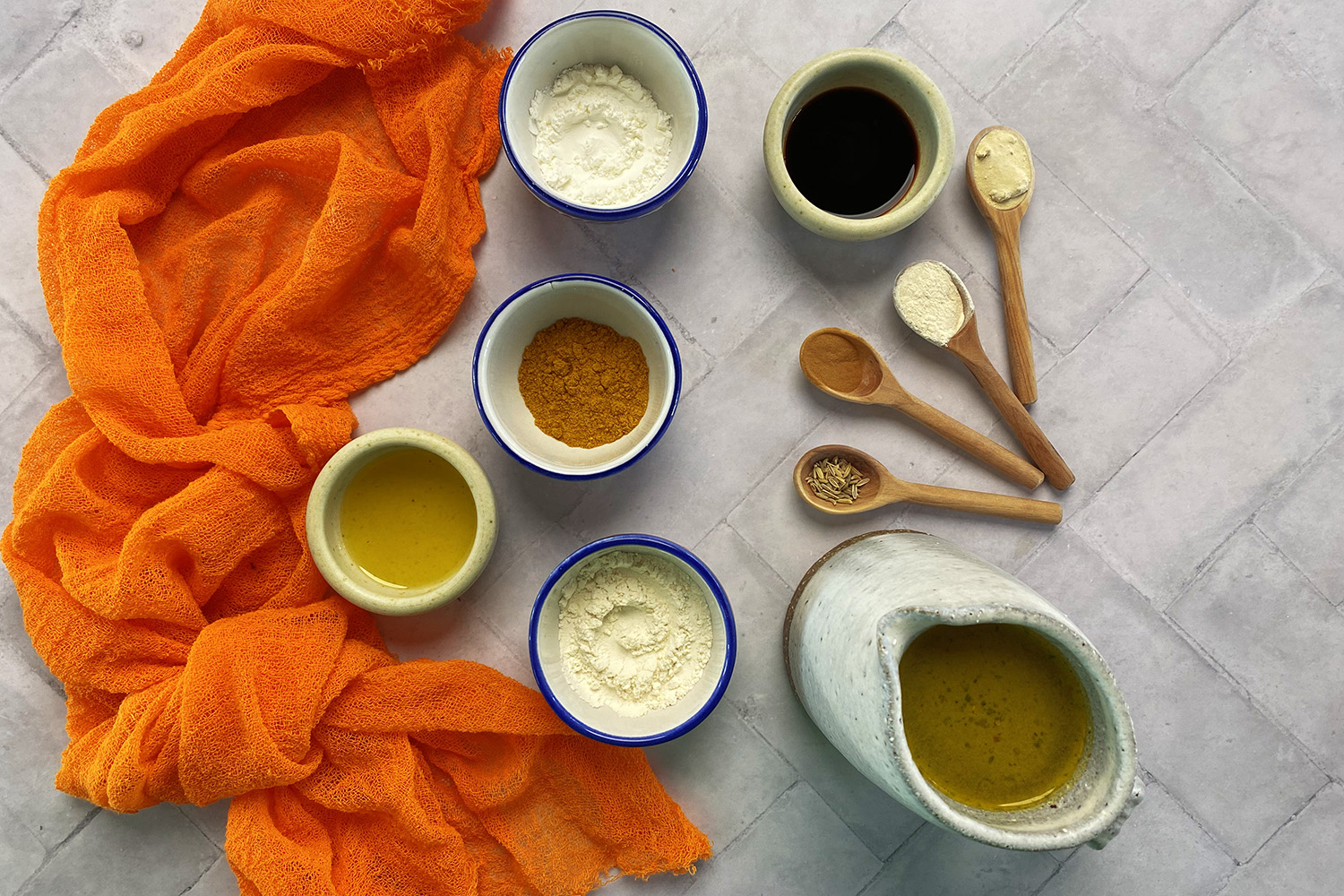
Chicken Broth:
While this Chinese curry sauce recipe calls for chicken broth, you can make it vegan-friendly by using vegetable broth instead. You can even make a creamier sauce by incorporating coconut milk or cream into your sauce in place of up to half of the broth.
Curry Powder:
You'll want to choose a good-quality curry powder that suits your taste preferences to use in this Chinese curry sauce recipe. Different brands and blends can vary in flavor and spiciness, so it's a good idea to experiment and find the one you like best.
Spices:
Feel free to veer away from the itemized ingredients and experiment with different spices in your Chinese curry sauce. Cumin, turmeric, and even nutmeg can all have a dynamic impact on the flavor of your sauce.
How to Make Chinese Curry Sauce
Step One:
Add some olive oil to a pan and heat over medium-high. Once the oil and the pan are hot, add flour. Stir until the oil and flour are combined and have made a paste.
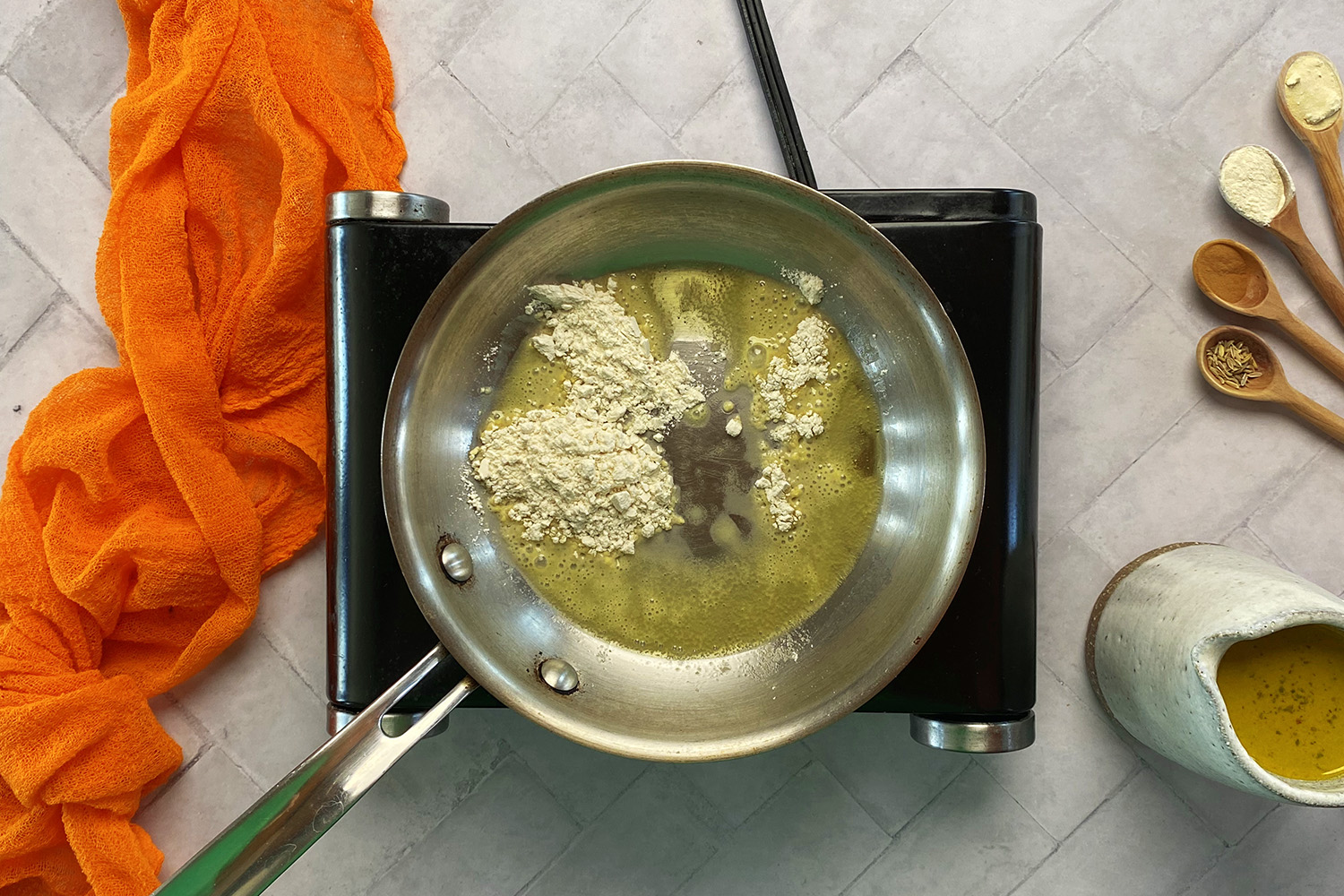
Step Two:
Slowly whisk in chicken broth a little at a time, ensuring to break up any lumps, until you have a smooth, creamy consistency. Continue stirring until it reaches a boil, and let simmer for 1 minute.
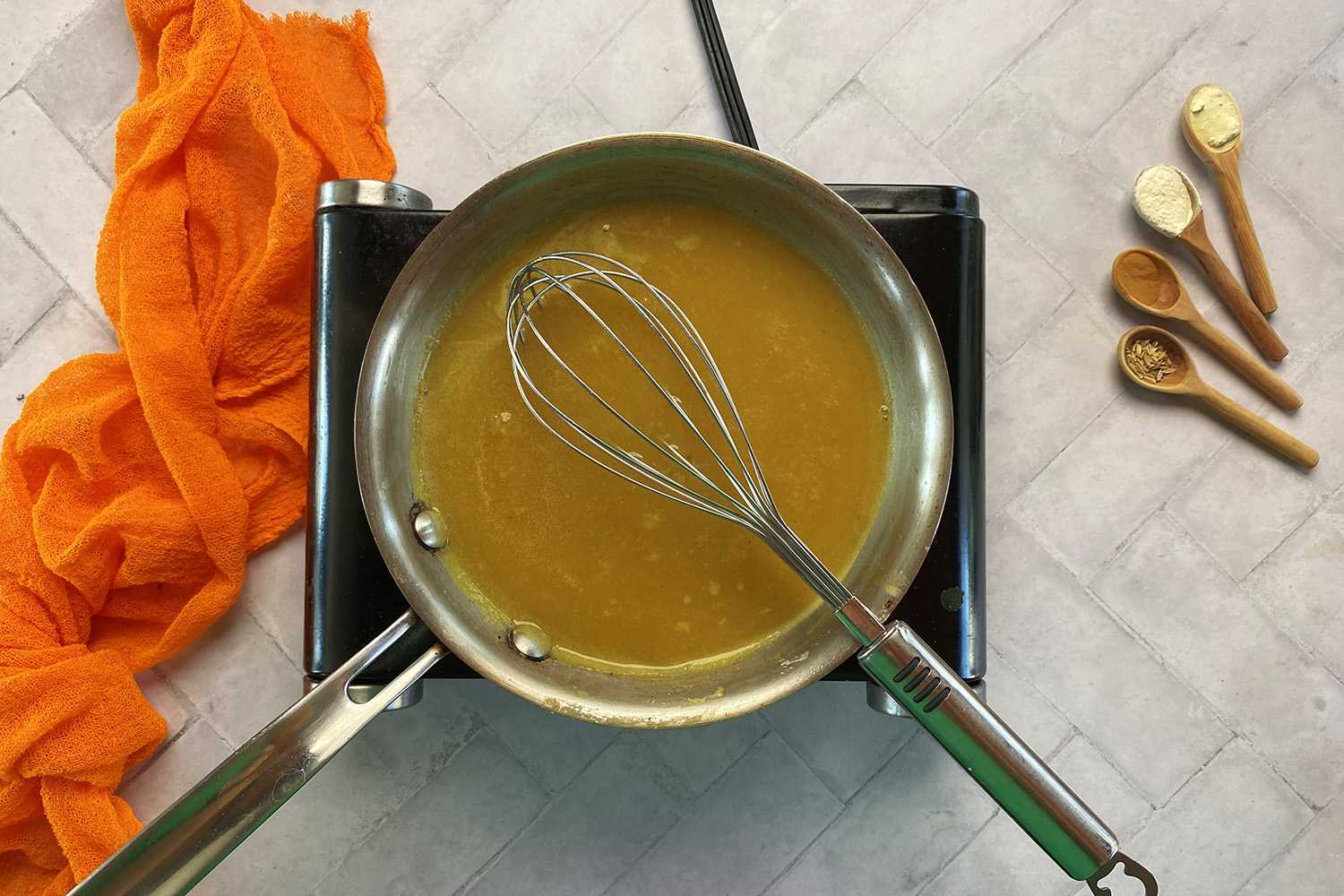
Step Three:
Add curry powder, fennel seeds, cinnamon, garlic powder, and onion powder, whisk until combined, then add soy sauce.
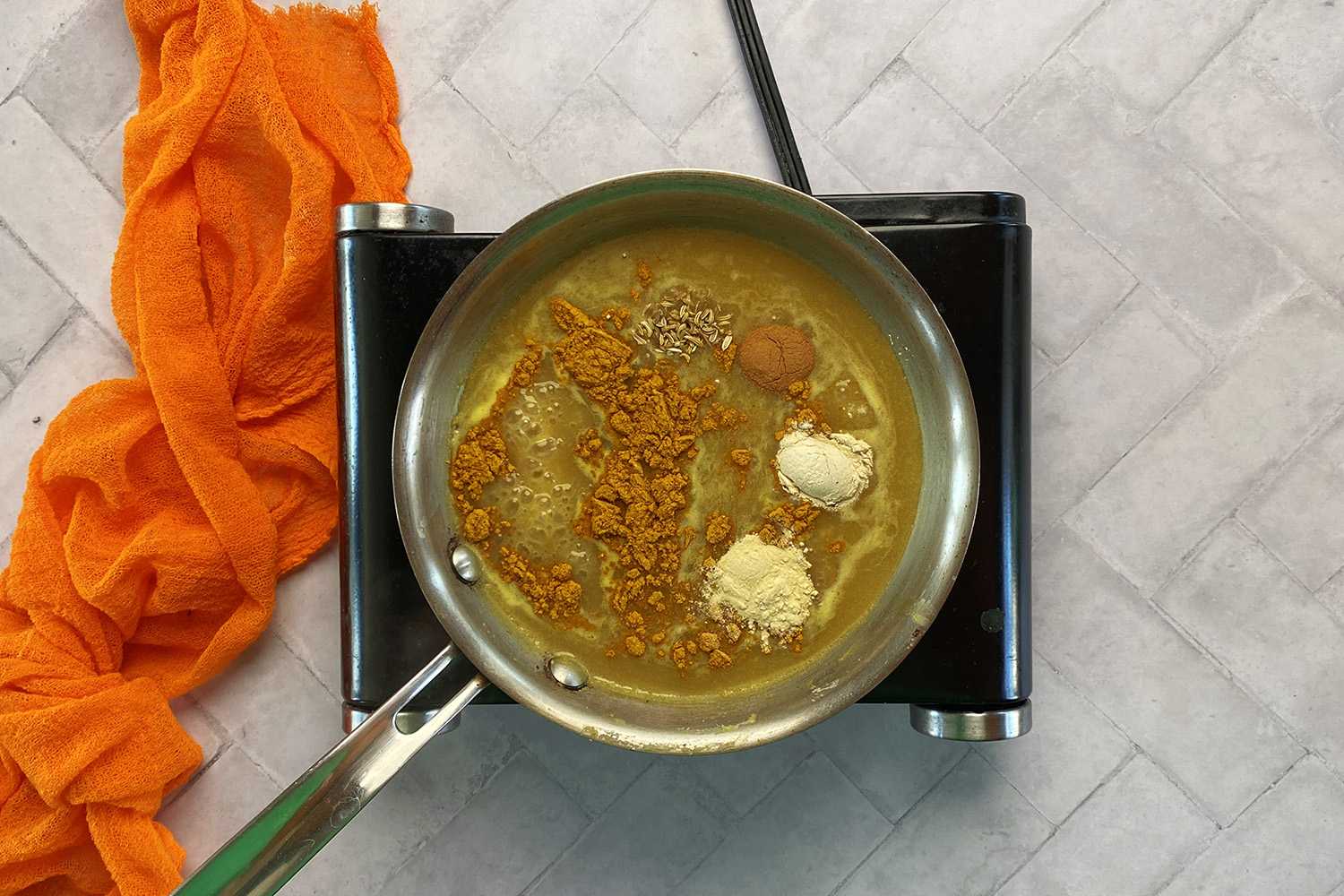
Step Four:
In a small bowl, combine water and cornstarch to make a roux.
Step Five:
Slow whisk the roux into your sauce and bring to a simmer. Remove from heat.
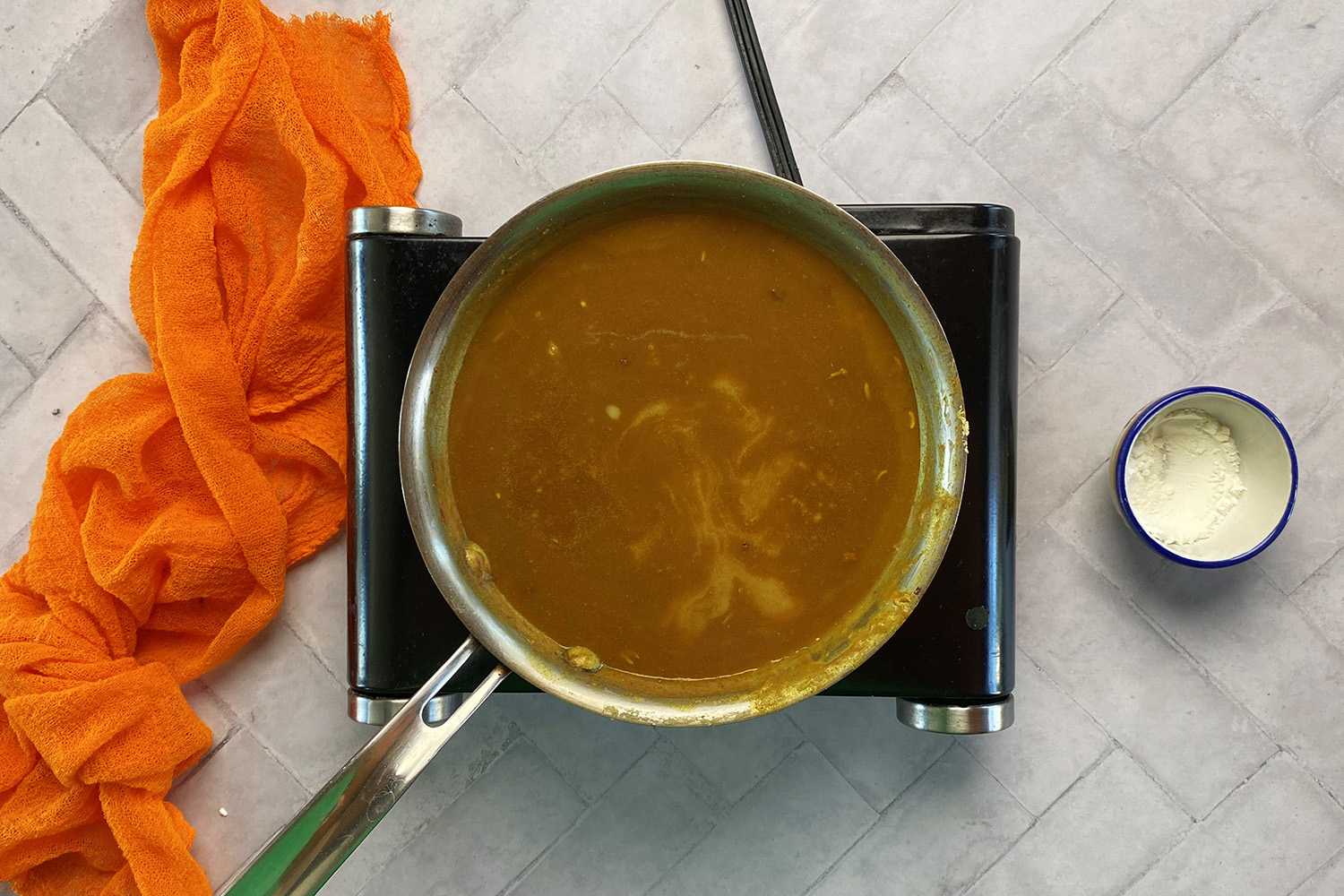
Step Six:
Serve over fries or as a dipping sauce, and enjoy!
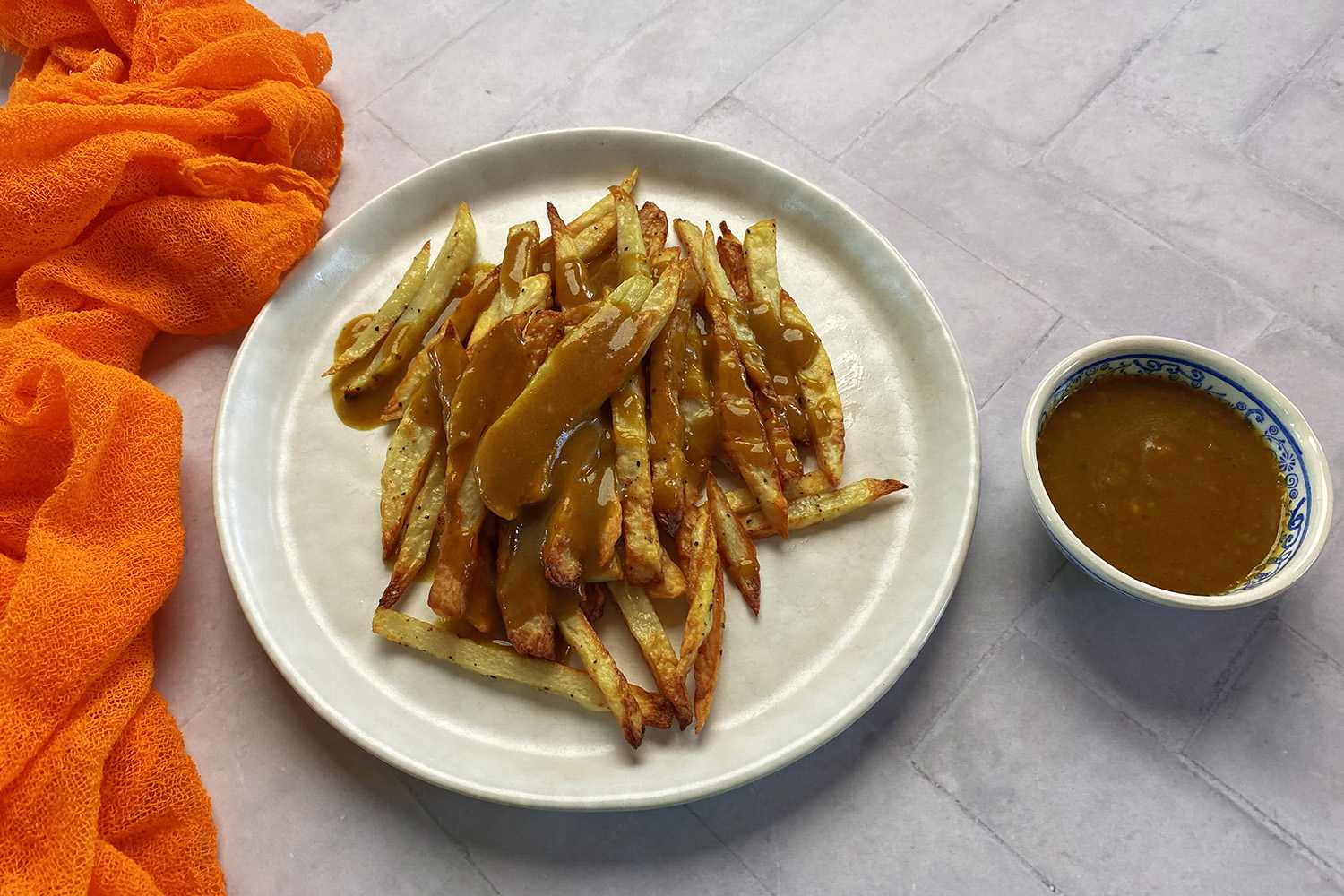
Tips
- Let the sauce simmer for a while before adding the roux in order to allow the flavors the opportunity to meld together.
- Taste the sauce as you go and adjust the seasoning as needed. Add chili flakes or a dash of hot sauce if you prefer a spicier sauce.
- You can include vegetables like bell peppers, carrots, or peas for added flavor and texture. Use an immersion or regular blender to puree the sauce for a smoother consistency.
- You can also add other spices like star anise or cinnamon for a unique twist.
- To thicken the sauce, you can add cornstarch mixed with a little water and cook until it reaches your desired consistency.
- For a vegetarian or vegan option, use vegetable broth instead of chicken broth.
What to Serve With Chinese Curry Sauce
This tasty Chinese curry sauce is so versatile you'll want to add it to everything. Dip your carrot fries, chicken nuggets, or potstickers in it. You can even drizzle some Chinese curry sauce on your lo mein, stir fry, or fried rice for an extra flavor boost.
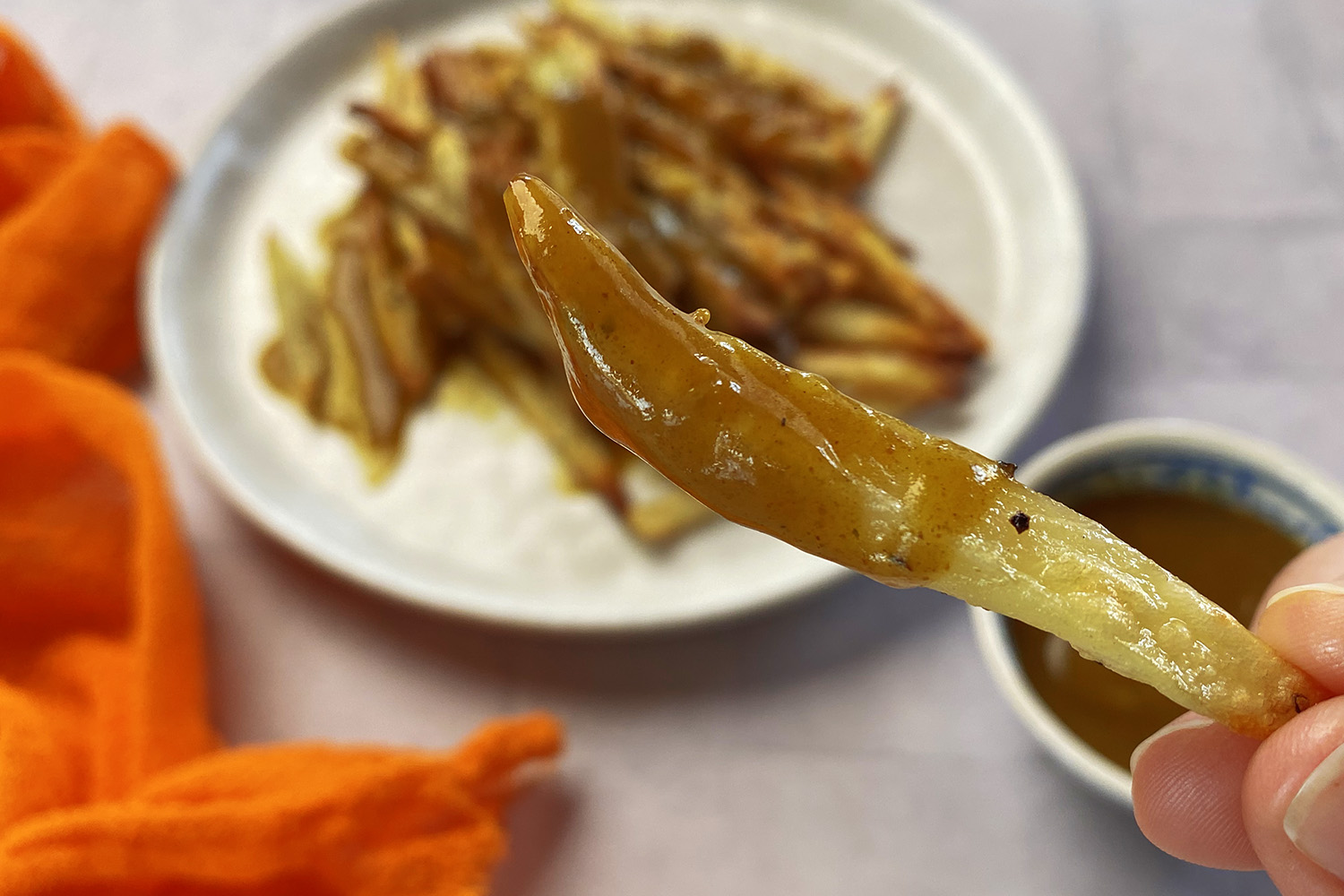
FAQs
Can I use a homemade curry powder blend in my Chinese Curry Sauce?
Yes, you can absolutely use a homemade curry powder blend in your Chinese curry sauce. In fact, making your own curry powder allows you to customize the flavors according to your preferences. Simply combine two tablespoons ground coriander and ground cumin, one tablespoon ground turmeric, one teaspoon ground ginger, cinnamon, and cardamom, ½ teaspoon ground cloves, black pepper, and chili powder in a bowl and mix to combine. Store in a cool, dry place for use in this and other curry sauces.
How long can leftover Chinese curry sauce be stored?
Leftover Chinese curry sauce can typically be stored in the refrigerator for up to 3-4 days in an airtight container. If you have a larger batch of Chinese curry sauce, you can consider freezing it for up to 2-3 months.
Can I use Chinese curry sauce as a marinade?
Yes, Chinese curry sauce can be used as a marinade for meat, seafood, or vegetables. Chicken, beef, shrimp, tofu, and vegetables like cauliflower or bell peppers work well with the flavors in the Chinese curry sauce. Allow your food to marinate for 2 hours up to overnight to get the most tender and flavorful results.
More Saucy Recipes
If you love how easy this sauce is to make and how much flavor it adds to your food, then you need to check out this collection of saucy recipes to help you create delicious meal after delicious meal for your friends and family.
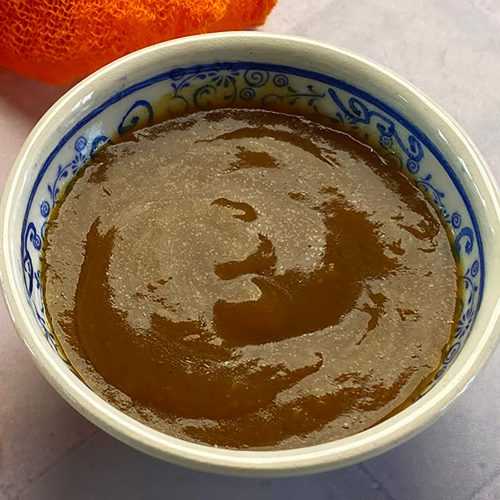
Chinese Curry Sauce
Ingredients
- 1-2 tablespoons olive oil
- 2 tablespoons all-purpose flour
- 2 cups chicken broth low-sodium
- 2 teaspoons curry powder
- ½ teaspoon fennel seeds
- 1 teaspoon cinnamon
- 1 teaspoon garlic powder
- 1 teaspoon onion powder
- 1 tablespoon soy sauce
- 1 tablespoon cornstarch
- 2 tablespoons water
Instructions
- Add some olive oil to a pan and heat over medium-high. Once the oil and the pan are hot, add flour. Stir until the oil and flour are combined and have made a paste.
- Slowly whisk in chicken broth a little at a time, ensuring to break up any lumps, until you have a smooth, creamy consistency. Continue stirring until it reaches a boil, and let simmer for 1 minute.
- Add curry powder, fennel seeds, cinnamon, garlic powder, and onion powder, whisk until combined, then add soy sauce.
- In a small bowl, combine water and cornstarch to make a roux.
- Slow whisk the roux into your sauce and bring to a simmer. Remove from heat.
- Serve over fries or as a dipping sauce, and enjoy!
Nutrition
Video
Notes
- Let the sauce simmer for a while before adding the roux in order to allow the flavors the opportunity to meld together.
- Taste the sauce as you go and adjust the seasoning as needed. Add chili flakes or a dash of hot sauce if you prefer a spicier sauce.
- You can include vegetables like bell peppers, carrots, or peas for added flavor and texture. Use an immersion or regular blender to puree the sauce for a smoother consistency.
- You can also add other spices like star anise or cinnamon for a unique twist.
- To thicken the sauce, you can add cornstarch mixed with a little water and cook until it reaches your desired consistency.
- For a vegetarian or vegan option, use vegetable broth instead of chicken broth.